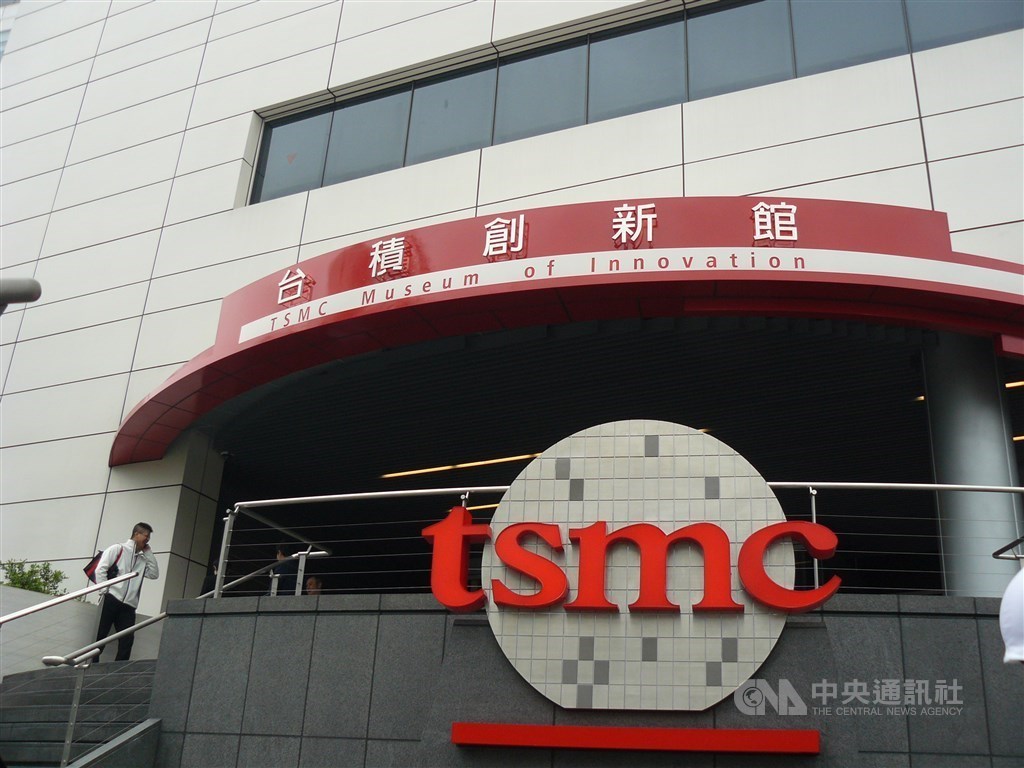During their first-quarter earnings call, Taiwan Semiconductor Manufacturing Co. (TSMC) revealed that they anticipate their new chip-making plant in Japan will cost around $8 billion, with the Japanese government contributing approximately half of that cost. TSMC is constructing new facilities in both the US and Japan to address national security concerns that have arisen due to Taiwan's concentration of primary chip-making facilities, amidst mounting geopolitical tensions and supply chain disruptions.

The Japanese government has approved 774 billion yen ($6.8 billion) in funding for domestic semiconductor investment. This funding includes 617 billion yen for investment in cutting-edge chip manufacturing production capacity, 47 billion yen for legacy production, and 110 billion yen for the research and development of next-generation silicon. TSMC is partnering with Sony Group Corp. on the Kumamoto prefecture plant. The ruling party and government in Japan have made it a priority to support companies increasing semiconductor production capacity, given the technological advancements that require significant computing power, such as 5G wireless communication, autonomous driving, and the metaverse. Additionally, the past year's supply-chain disruptions have highlighted the importance of strengthening domestic chip-making capacity.







